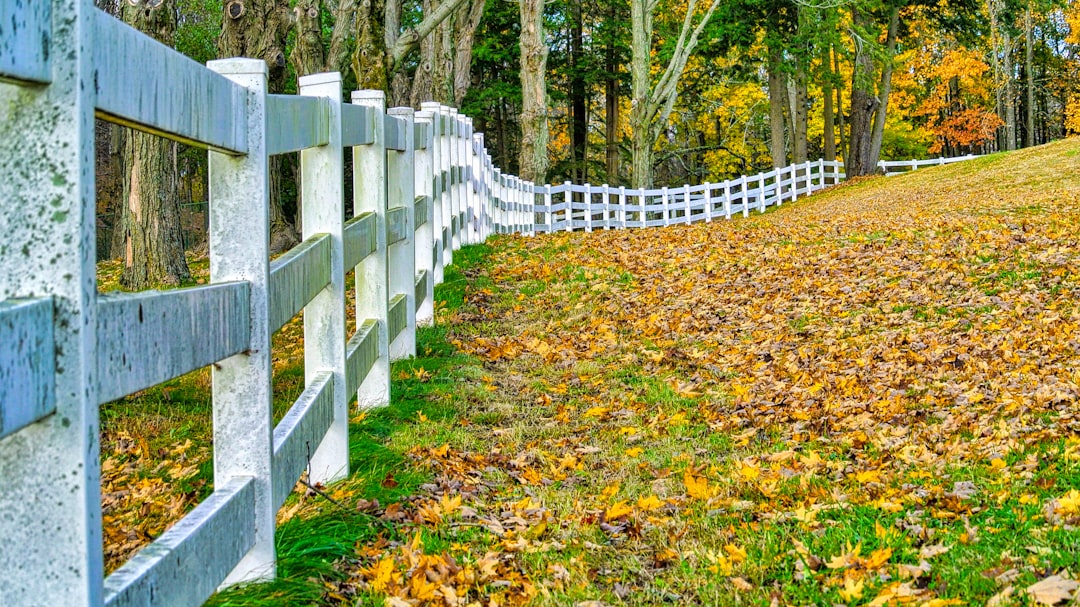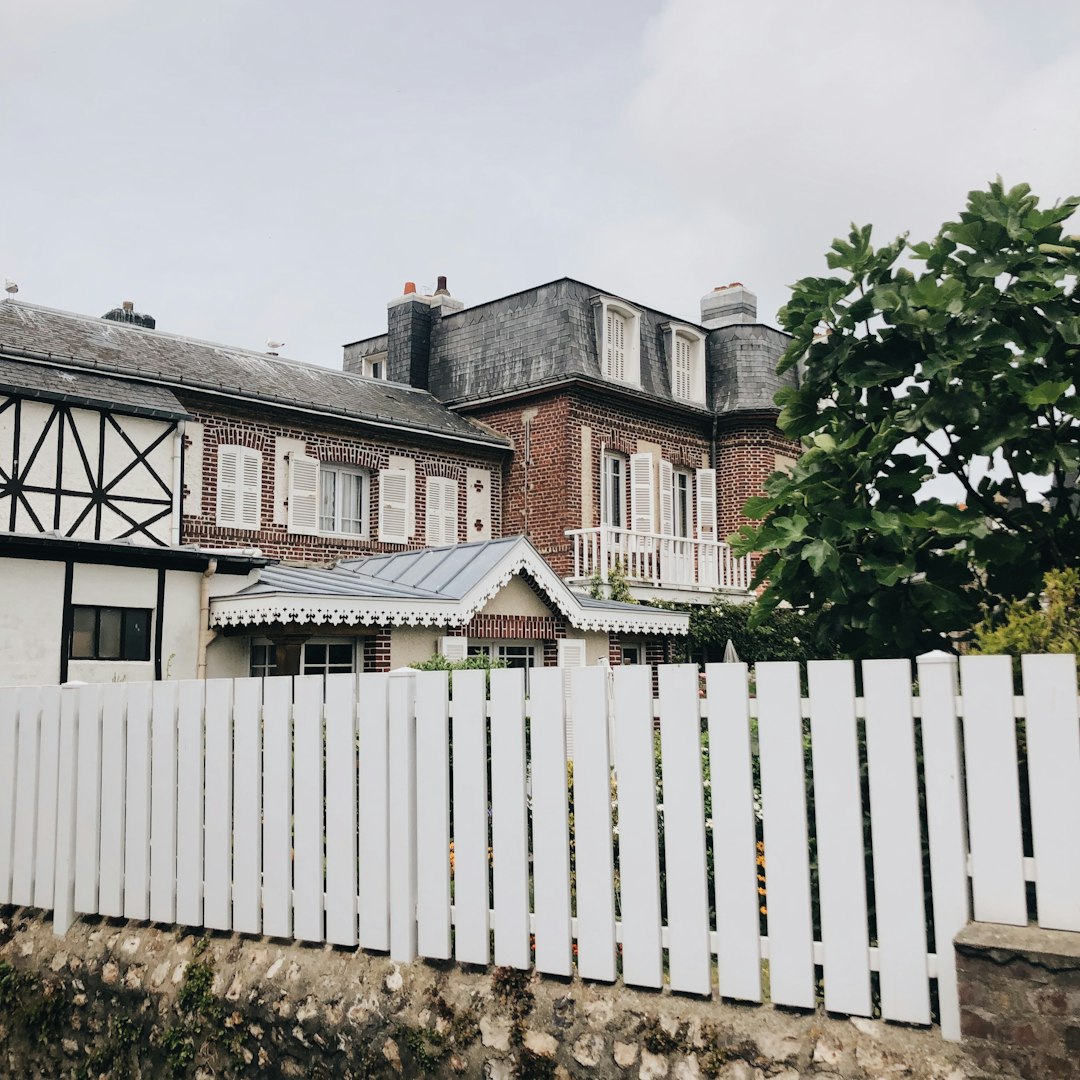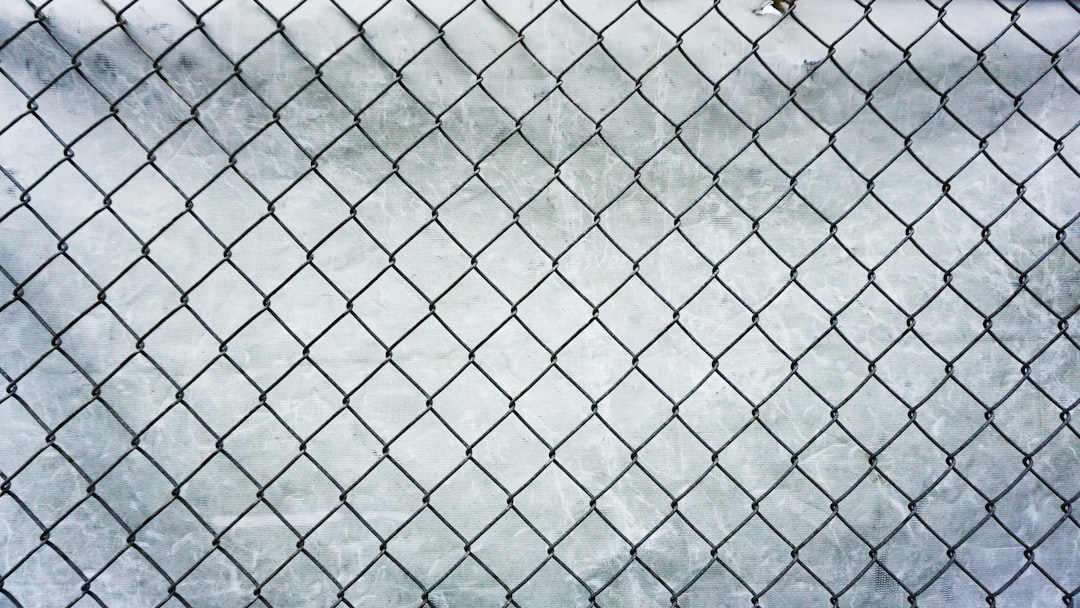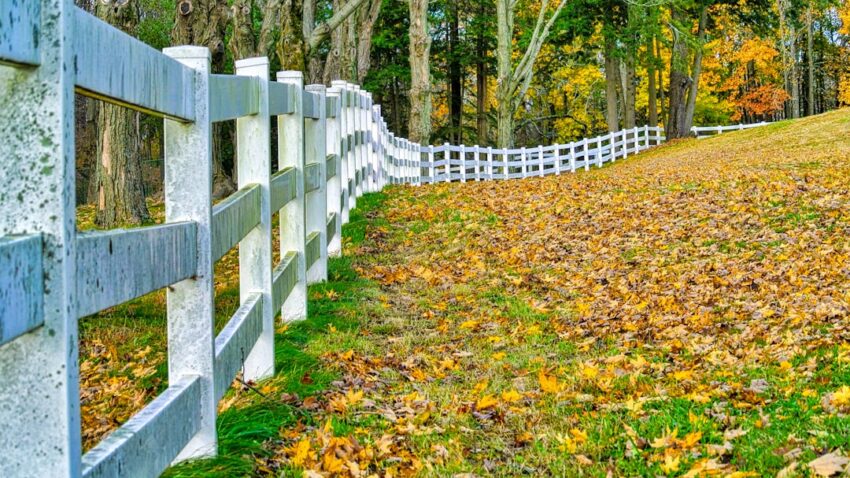Choosing the right fencing material is crucial for any homeowner looking to enhance their outdoor space. A Fence Company offers expert guidance, tailoring advice based on individual needs and preferences. Each fencing option—wooden, vinyl, chain-link, or metal—has distinct aesthetics, durability, and maintenance requirements: wood provides classic charm but needs regular upkeep; vinyl is low-maintenance; chain-link guarantees robust security; while metal adds modern elegance at a higher cost. Understanding these differences helps clients make informed decisions, ensuring their fences meet practical needs and personal tastes.
“Looking to enhance your outdoor space? A fence company’s expertise is invaluable when selecting the perfect fencing material. From wood’s timeless charm to vinyl’s low-maintenance allure, each option offers unique advantages. Chain-link and metal fences provide security and durability. This article guides you through understanding these materials, their benefits and challenges, and offers expert tips for making an informed choice, ensuring your satisfaction.”
- Understanding Different Fencing Materials: A Fence Company's Perspective
- Benefits and Challenges of Working with Each Material
- Tips for Choosing the Right Fencing Solution: Expert Advice from a Fence Company
Understanding Different Fencing Materials: A Fence Company's Perspective

At a fence company, we often encounter clients with diverse preferences and needs when it comes to their fencing options. Each material—wood, vinyl, chain-link, and metal—brings its unique aesthetic, durability, and maintenance characteristics to the table. Understanding these differences is key to helping our clients make informed decisions that align with both their practical requirements and personal tastes.
For instance, wood offers a classic, organic look but demands regular upkeep like painting or staining to protect against the elements. Vinyl fencing is low-maintenance and available in various styles, making it popular for those seeking a long-lasting, visually appealing option. Chain-link fences, on the other hand, are robust and secure, ideal for commercial properties or areas needing enhanced security. Metal fencing adds a touch of modern elegance but can be more expensive and may require specialized installation due to its weight and strength.
Benefits and Challenges of Working with Each Material

When a fence company takes on a new project, the choice of material can significantly impact the final result and overall customer satisfaction. Each fencing material offers unique benefits and challenges that require specialized skills to install and maintain effectively.
Wooden fences are aesthetically pleasing and provide excellent privacy due to their natural density. However, they demand regular maintenance, such as painting or staining, to protect against rot and insect damage. Vinyl fences are low-maintenance alternatives, offering durability and a wide range of styles. They are resistant to rust and decay but may not match the natural look many homeowners prefer. Chain-link fencing is incredibly durable and secure, ideal for commercial properties and areas requiring high security. Yet, its open mesh design provides less privacy, and it requires minimal upkeep compared to other materials. Metal fences, often made from aluminum or steel, offer long-lasting strength and a modern aesthetic. They are resistant to rot and corrosion but can be more expensive and may require professional installation to ensure structural integrity.
Tips for Choosing the Right Fencing Solution: Expert Advice from a Fence Company

When choosing a fencing solution, consulting with a fence company is invaluable. Experts in this field can offer tailored advice based on your property’s unique needs and preferences. First, consider the purpose of your fence—is it for privacy, security, or aesthetic appeal? Each goal dictates different material and design choices. For instance, wood offers classic charm and versatility but requires more maintenance; vinyl is low-maintenance and cost-effective; chain-link provides openness and security; and metal fencing adds a modern touch with robust durability.
The fence company’s experience allows them to recommend materials that align with local regulations and weather conditions. They can also guide you on installation, ensuring your fence is secure and long-lasting. Remember, the right fencing solution should enhance your outdoor space, provide functionality, and complement your home’s architecture—a fence company can help make this vision a reality.
Whether you prefer the natural allure of wood, the low-maintenance charm of vinyl, the durability of metal, or the modern aesthetic of chain-link, a fence company can help you navigate these options. By understanding the unique benefits and challenges of each material, as discussed in this article, you can make an informed decision that suits both your aesthetic preferences and practical needs. When choosing a fencing solution, consider factors like climate, maintenance level desired, budget, and the intended purpose of the fence. Relying on expert advice from a fence company will ensure you select the perfect barrier for your property.
